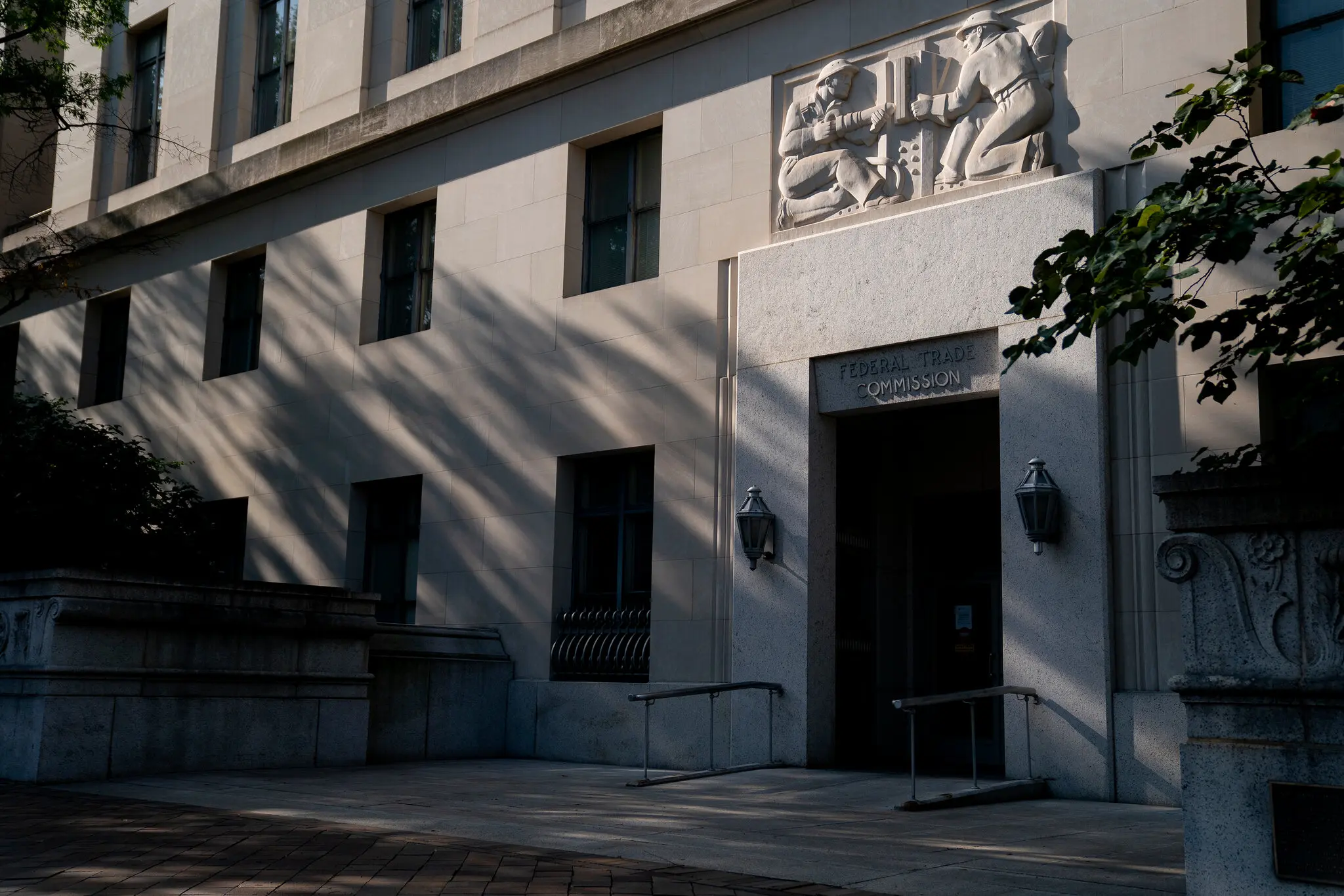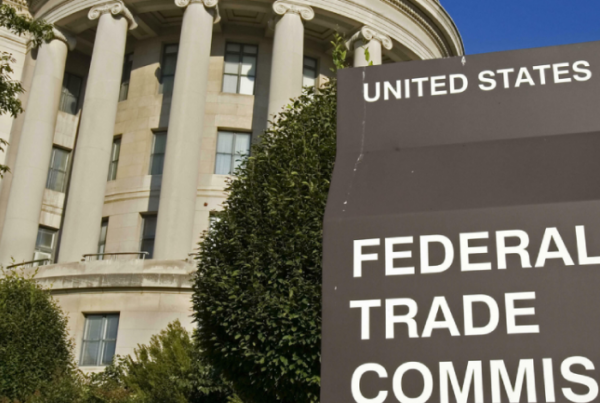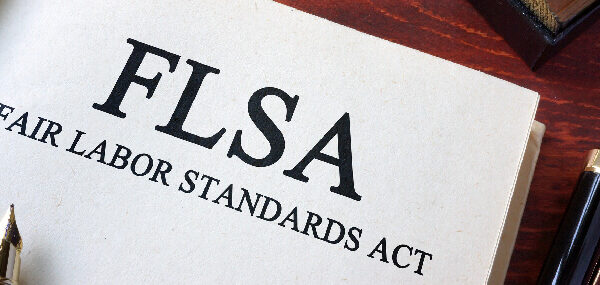Many employers require that employees enter into covenants not to compete, which temporarily restrict departing employees from working for or starting a competing business.
Employers use these covenants to protect the time and money invested in a departing employee and the confidential information the employee learned during the employment.
In Wisconsin, such employment covenants are currently enforceable if they are reasonably necessary to protect the employer’s legitimate protectable interests and are also reasonable as to time and territory.
However, the proposed rule announced by the Federal Trade Commission (the “FTC”) on January 5, 2023, may, if finalized, upend Wisconsin’s (and other states’) restrictive covenant laws.
The threat of rulemaking has existed since the summer of 2021. As described in the fall, 2021 issue of the FOS NEWS, President Biden issued an executive order encouraging the FTC to propose rules banning or severely limiting the use and enforceability of covenants not to compete and “other clauses or agreements that may unfairly limit worker mobility.” “President Biden Issues Executive Order On Non-Competes,” Fall-2021-Newsletter.pdf (foslaw.com)
Because the executive order was nonbinding, it was unclear at that time whether the FTC would issue any proposed rules or, if it did, what restrictions would be proposed.
Approximately a year and a half later, employers have their answer. The proposed rule, if adopted as final, would ban most employment covenants not to compete.
The FTC has jurisdiction over businesses operating with the federal government and matters involving or closely related to commerce among multiple states, as opposed to purely intrastate activities. Nonetheless, Wisconsin and most states have enacted parallel “little FTC Acts,” which generally rely on the federal FTC statutes and rules for their interpretation. Therefore, the federal rules will likely be applied to interstate and intrastate employers.
The following are highlights of the proposed rule.
- The proposed rule would generally apply to all employers and “workers.”
- “Worker” is unusually broadly defined as a person who works, paid or unpaid, for an employer. In addition to traditional employees, the term includes independent contractors, interns/externs, volunteers, apprentices, and sole proprietors providing services to clients or customers. While the term does not include a franchisee vis a vis a franchisor, it would cover one working for the franchisee or franchisor. Franchisor/franchisee non-competes would remain subject to federal antitrust law and other applicable laws.
- A “non-compete” is also broadly defined as a contractual term between an employer and a worker preventing the worker from seeking or accepting employment with a person, or operating a business, after the end of the worker’s employment with the employer. A provision’s effect, and not its label under a contract, controls. The proposed rule gives two examples of provisions which would constitute non-competes despite their contractual characterizations: (1) overly broad nondisclosure provisions that effectively preclude the worker from working in the same field; and (2) provisions requiring employees’ repayment of relevant training costs if employment ends within a certain time frame and the payment is not reasonably related to the costs that the employer incurred for training the worker.
- Applying the above definitions, the proposed rule states that an unfair (and thereby illegal) method of competition would exist where an employer:
-
- enters into or attempts to enter into a non-compete clause with a worker;
- maintains with a worker a non-compete clause; or
- represents to a worker that the worker is subject to a non-compete clause where the employer has no good faith basis to believe that the worker is subject to an enforceable non-compete clause.
- Employers would be required, within 180 days after the final rule’s publication, to rescind any existing covenants not to compete that would be unenforceable under the rule.
- Employers required to rescind existing covenants not to compete would also be required to notify current employees and former employees (for whom employers have contact information) of the rescission. Notices would be required to be individual notices for each employee, as opposed to, for example, one mass notice. The proposed rule provides a model notice which, if provided in the required manner, would serve as “safe harbor” compliance with the rescission/notice requirements.
- Wisconsin law currently provides only limited scrutiny over covenants not to compete ancillary to the sale of a business. The proposed rule would allow a limited exception for such transactions.
-
- The proposed rule would not apply to a non-compete provision entered into by one selling a business entity or otherwise disposing of all of the seller’s ownership interest in the business entity, or by one selling all or substantially all of a business entity’s operating assets, when the person restricted by the non-compete clause is a substantial owner of, or substantial member or substantial partner in, the business entity when entering into the non-compete clause.
- A “substantial owner,”“substantial member,” and “substantial partner” mean an owner, member, or partner holding at least a 25 percent ownership interest in a business entity.
- Excepted non-compete provisions would still be subject to federal antitrust law and other applicable laws.
To the extent of its jurisdiction, the proposed rule provides that it supersedes inconsistent (such as less restrictive) state laws, rules, or interpretations, but state laws, rules, or interpretations that are more protective of employees than the federal provisions are not affected.
Under the proposed rule, employers would be required to comply with the final rule 180 days after its publication date.
The proposed rule is subject to 60 days of public comment, after which the final rule will be issued. The final rule might be changed in some fashion in response to public comments.
The final rule (or even the proposed rule) may very well be subject to legal challenges, which could take months or years, the results of which cannot be predicted.
Despite the current uncertainties, employers should review their existing covenants not to compete with an eye towards keeping them as narrow and reasonable as possible. FOS has decades of experience drafting and defending employment covenants and can help you understand the proposed rule, its potential impact on your business, and the optimal way to proceed.






